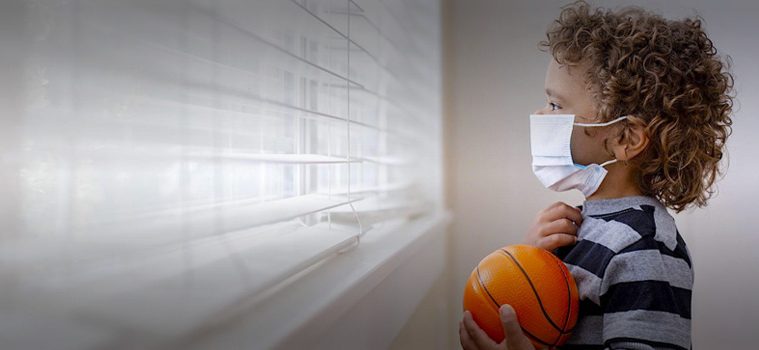HEALING EMOTIONAL BOO BOOS –
Feb. 27, 2021 – Pediatricians and adolescent health experts have cautioned for months that the uncertainty and anxiety spurred by the pandemic, coupled with the lack of social contact, may have lasting effects on the mental health of children and teens, though they are significantly less likely than adults to experience serious physical illness from COVID-19.
And while declining case counts and the new vaccines may have adults feeling more optimistic, vaccines are not yet approved for those younger than 16. That means kids may still be feeling a lot of uncertainty and stress about what the rest of the year will look like for them, health experts say. Pfizer recently began vaccine trials for adolescents ages 12 to 16. “For younger teens and children, they are likely most looking forward to the vaccine so that they may be able to get back to more normal social activities and gatherings with their friends, and so that they don’t have to worry as much about parents and older relatives,” said Stephanie Ewing, an assistant professor in counseling and family therapy at Drexel University’s College of Nursing and Health Professions.
There also are concerns about the physical health of kids and teens. In the spring, the Centers for Disease Control and Prevention released a study that showed that routine vaccinations — and regular checkups — fell drastically in the first few months of the pandemic as stay-at-home orders were in place. In a report published November by Blue Cross Blue Shield Association, childhood vaccinations for measles and whooping cough fell 26% compared to 2019. But, Miller said, he’s also noticed “kids have been more inactive, doing a lot of screen time, and there’s definitely concern about them being at home for prolonged periods of time and that impact on overall well-being.”



